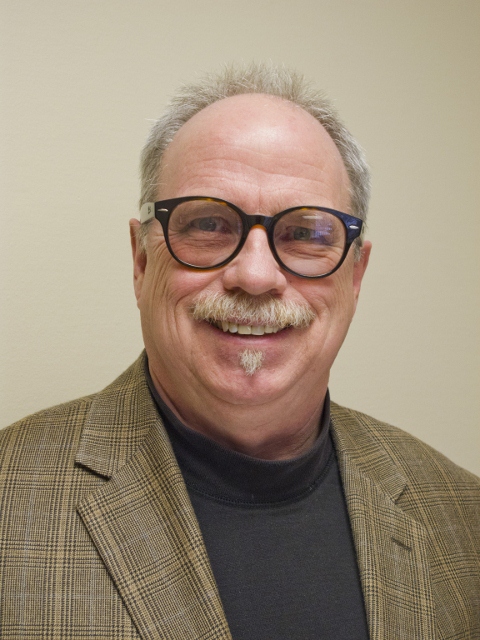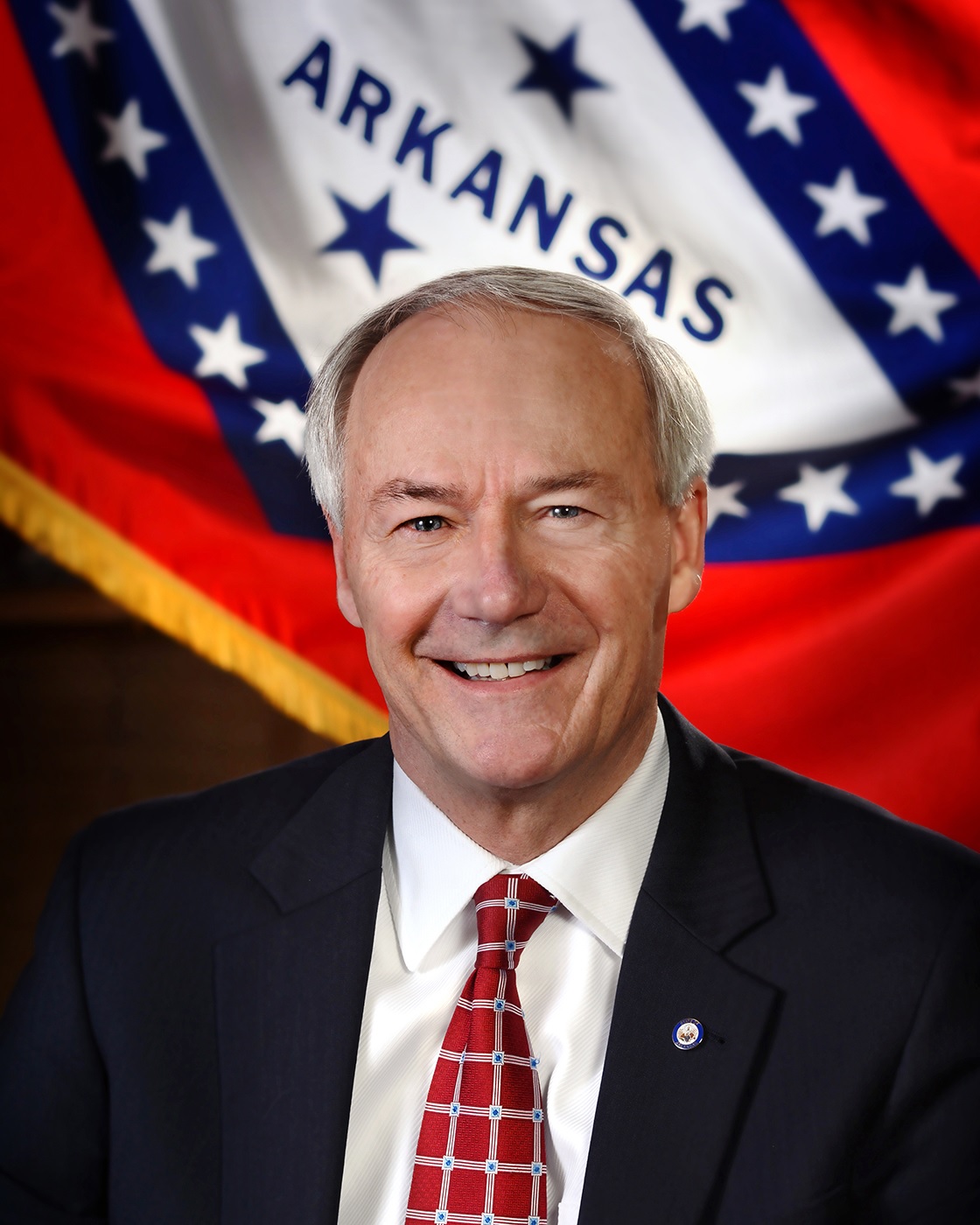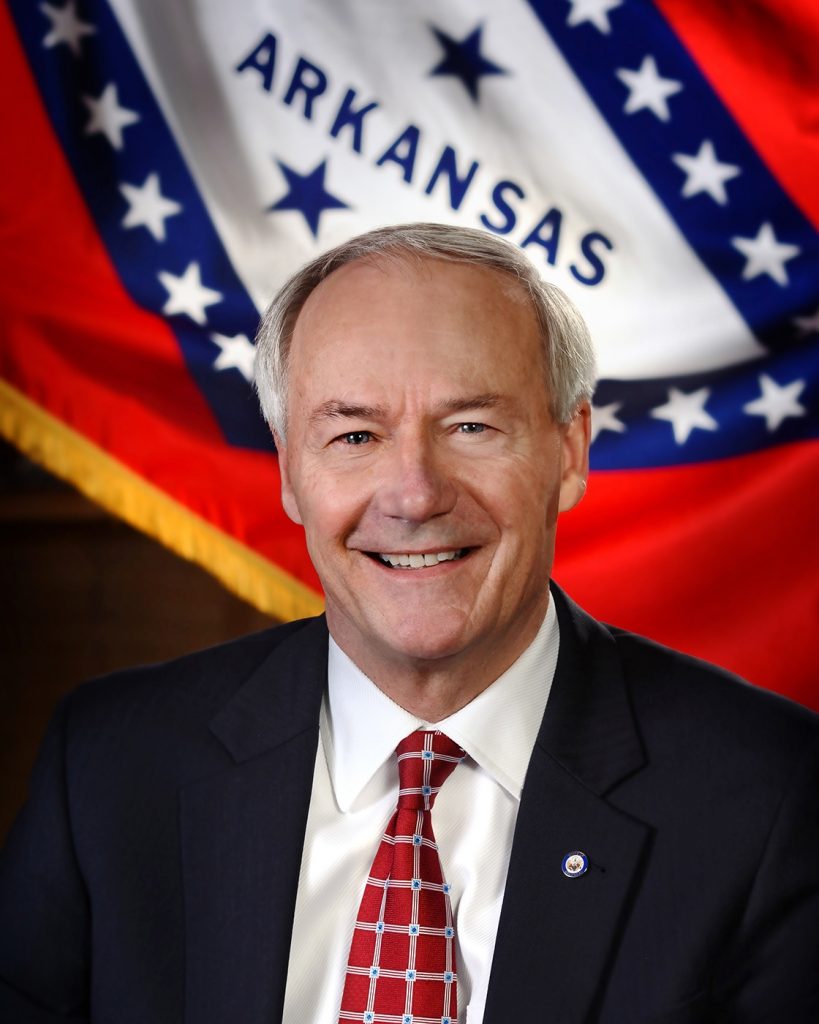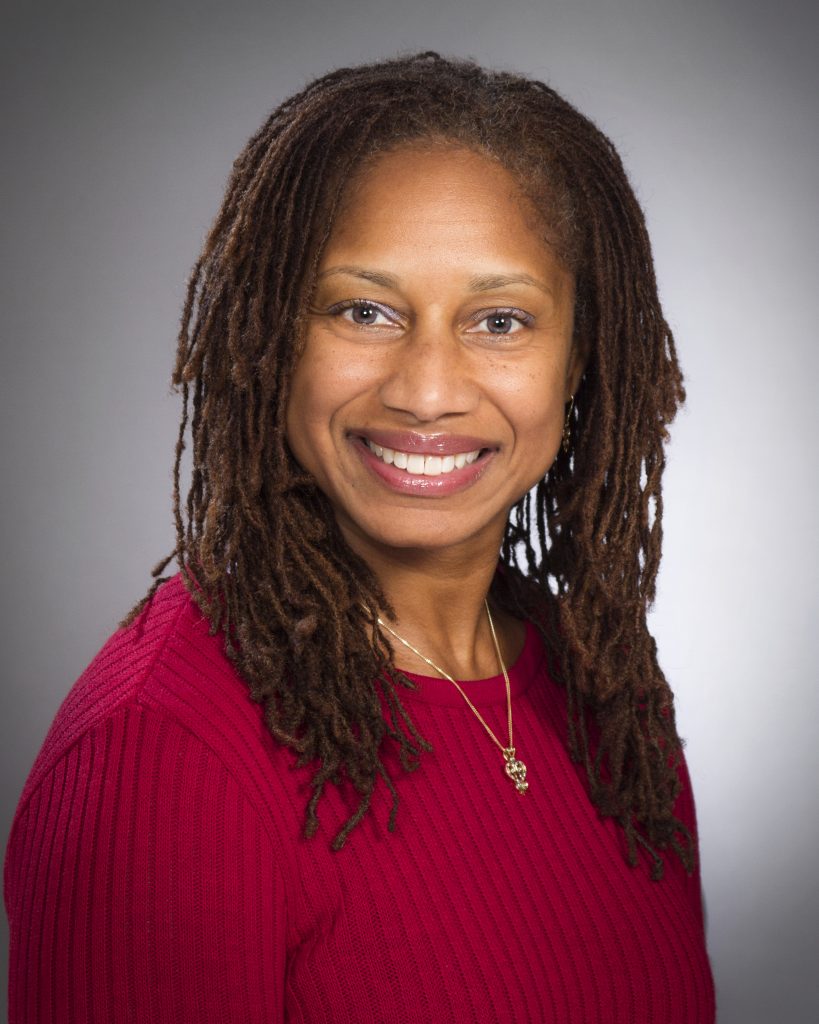
by Dr. Rich Redfearn
It’s that happy time of the year again & the Arkansas Community Foundation Giving Tree grant cycle will be kicking off on July 10. Also, other foundations and government agencies have grant program cycles that have summer application deadlines. So it is timely for grant writers to remind each other that critical mistakes can doom your proposal, in some cases even before you apply.
These mistakes are easily avoidable – planning ought to take up at least two-thirds of any grant application. The actual writing should be the result of good planning and excellent project management – the project being the creation of your brilliant, winning proposal!
In honor of David Letterman’s recent retirement, here are my “Top Ten” grant proposal mistakes. Some acronyms are used in the list below. These are: RFP – Request for Proposal; LOS – Letters of Support; NPO – Nonprofit Organization.
10. Do not read the RFP carefully.
Why it’s a mistake: The RFP has all of the guidance that you need to write a competitive proposal, so you need to read it carefully….then re-read it, and read it a third time. Remember, the most important advice about proposal writing is…READ. THE. GUIDANCE.
9. Procrastinate. You have plenty of time before the deadline, right? Your friend told you that she wrote a proposal in three hours, so why start so soon?
Why it’s a mistake: If you get a late start, you don’t leave enough time for an independent review of your proposal, or even time for proofreading by your own writing team (if you’re very good at procrastination). Create a timeline for your proposal writing project – and stick to it.
8. “Chase the money” without regard to the fit of the funder to your NPO’s mission.
Why it’s a mistake: Every project proposed must support your NPO’s mission. If you make this mistake, in the unlikely event that you win an award, you run the risk of doing a poor job on the funded project because your NPO’s mission is not well-suited to the mission of the funder. You will never receive funding from this source again.
7. Do not contact the funder. Since you’ve read the RFP carefully, why call the funder?
Why it’s a mistake: Remember: you want to match YOUR project to THEIR mission, and a phone conversation or face-to-face meeting will give you that insight. If possible, ALWAYS contact the funder’s staff to discuss your proposal before submitting, leaving sufficient time to revise your proposal accordingly.
6. Disregard the guidance after you have read it. Why follow all of those nit-picking rules, when your project is so obviously on-point with the funder’s mission?
Why it’s a mistake: If your proposal has formatting errors, disregards page limits, provides sketchy or non-answers to critical questions, omits required documents – it will not even be reviewed, in most cases.
5. Wait until you write the proposal to ask for letters of support.
Why it’s a mistake: Remember Mistake #9 above? The people you ask to write supporting letters (or letters of commitment) will not have that sense of urgency that you have about the deadline. Tip: ask for the LOS to be delivered to you a week or 10 days BEFORE the deadline.
4. Overstate your capacity or abilities with claims that are not substantiated with data.
Why it’s a mistake: The funding agency reviewers will be sensitized to overblown statements about your NPO’s amazing capacity and skills. Always give concrete examples of past successes that will support your claims of “world class” ability to manage the proposed project.
3. Don’t match the narrative with the budget. These are two separate documents, right?
Why it’s a mistake: Anything that you propose doing will likely have a direct cost associated with the activity. If you mention an activity in your narrative and its cost doesn’t get a mention in your budget narrative, it will be flagged as an inconsistency at best or attempted deception at worst. Related tip: double-check your arithmetic so that the total requested amount and the individual line items in your budget agree.
2. Miss the deadline.
Why it’s a mistake: This is obvious. No amount of begging or pleading will convince the funder to accept a late proposal; it would be unethical and unfair to the applicants who manage to submit by the deadline. If you DO have a legitimate reason for missing a deadline – as in, your power goes out and you have no internet access – call the funder (on your cell) ASAP and explain why you will be late with submission.
1. Blast your funder with a complaining email if you are rejected.
Why it’s a mistake: This mistake is mentioned as often as missing the deadline in conversations with funders about the biggest sins committed by applicants, and will have more long-lasting effects. Program officers are people, too, and they will remember an unpleasant contact. Grantmaking foundations and agencies have to make hard choices – they always have too little money and too many applicants. Better: be gracious in defeat. Write the funder a nice “thank you for the opportunity to participate” note, and keep a professional, cordial relationship. You want to pave the way for your re-application in the next funding cycle!
Dr. Redfearn is the Grant Programs Manager at the Sam M. Walton College of Business, University of Arkansas & Past President of the Grant Professionals Association Arkansas Chapter.
The views and opinions expressed in this article are solely those of the author and do not necessarily represent those of the Sam M. Walton College of Business or the University of Arkansas.







